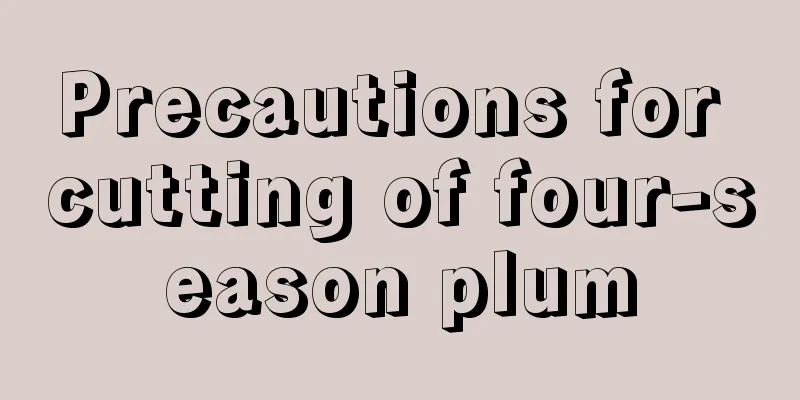What are the cultivation methods and precautions of Chlorophytum comosum

Introduction of Chlorophytum comosumChlorophytum comosum is a plant of the Liliaceae family and Chlorophytum genus. It is distributed in Jilin, Hebei, Shaanxi, Sichuan Province and East China in China. It has broad linear leaves, light green, with thick cylindrical fleshy roots and small white flowers. It can be propagated by cuttings, division, and sowing. How to grow Chlorophytum comosumChlorophytum comosum likes a warm environment and is not cold-resistant. The minimum temperature for wintering is about 10℃. It likes bright light and avoids direct sunlight in summer. Shade measures need to be taken. The soil should be kept moist during the growing period. The number of waterings can be increased in summer, and less watering should be done in winter and rainy season. Fertilizer should be applied once every half a month during the growth period. It is suitable for planting in fertile, loose, and well-drained sandy soil. Watering methodThe soil of Chlorophytum comosum needs to be kept moist during its growth period. The higher the temperature, the more frequently it needs to be watered. Water should also be sprayed around and on the surface of the plant frequently. Watering should be controlled during the rainy season and on cloudy days, and no water should accumulate in the potting soil. Fertilization methodChlorophytum comosum is a fertilizer-loving plant. If it is not fertilized in time, the leaves will lose their original color, the tops will slowly turn yellow, and eventually fall off. Therefore, it is necessary to apply a thin layer of fertilizer every 15 days. Pruning methodsChlorophytum comosum can be pruned every year. It grows fast, so yellow and dead leaves can be pruned in time to reduce nutrient loss. You can also prun it according to personal preference, but you should stop appreciating it for a while after pruning, because the plant may look ugly after pruning. Precautions for growing Chlorophytum comosumChlorophytum comosum cannot tolerate low temperature environments. The winter temperature needs to be kept above ten degrees Celsius to survive the winter safely. The temperature is higher in summer, so shade measures need to be taken and ventilation should be carried out frequently to ensure air circulation. |
<<: Should I use a large or small pot for my lily?
>>: What are the cultivation methods and precautions of lipstick spider plant
Recommend
Medicinal value of crape myrtle
Crape Myrtle The aliases of crape myrtle include ...
How to plant newly bought orchids? Planting methods for newly bought orchids
For newly bought orchids, first cut off the yello...
Is it too late to plant peanuts in June?
As an important oil crop and cash crop , peanut h...
What are the cultivation methods and precautions for hydroponics of white palm
White Anthurium Introduction Anthurium is a peren...
How to Plant a Banana Tree
1. Planting method Use a tool to cut off the unde...
How to eat jujube fruit
How to eat jujube fruit 1. Red dates can be used ...
Cultivation methods and precautions of Chinese potherb mustard
1. Maintenance methods 1. Soil: Loose, fertile so...
How to care for boxwood bonsai (cultivation temperature and soil considerations)
Cultivation methods and precautions of boxwood bo...
Methods and precautions for home cultivation of poppy
How to grow poppy Site Selection & Soil It ne...
How to grow loofah to achieve high yield?
Luffa is a vegetable that can be grown all year r...
How to plant bean trees
How to plant bean trees sowing In December of eac...
How to care for the Butterfly Dance succulent
Butterfly Dance Succulent Growing Conditions Butt...
Can the leaves of the small-leaved red philodendron be saved if they dry up and fall off?
Small-leaved red nanmu is an evergreen shrub that...
How to grow peony and what to pay attention to
The peony is a flower of great ornamental value a...
How to propagate hairy jasmine
Cutting propagation of Jasmine pubescens The most...









